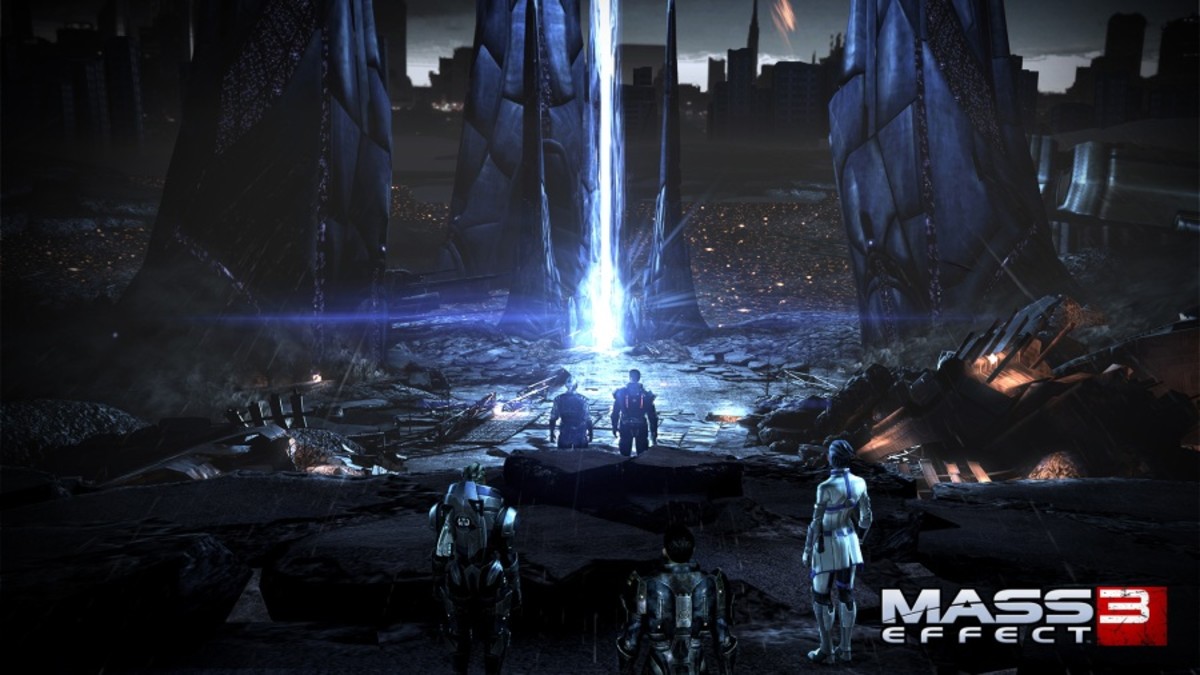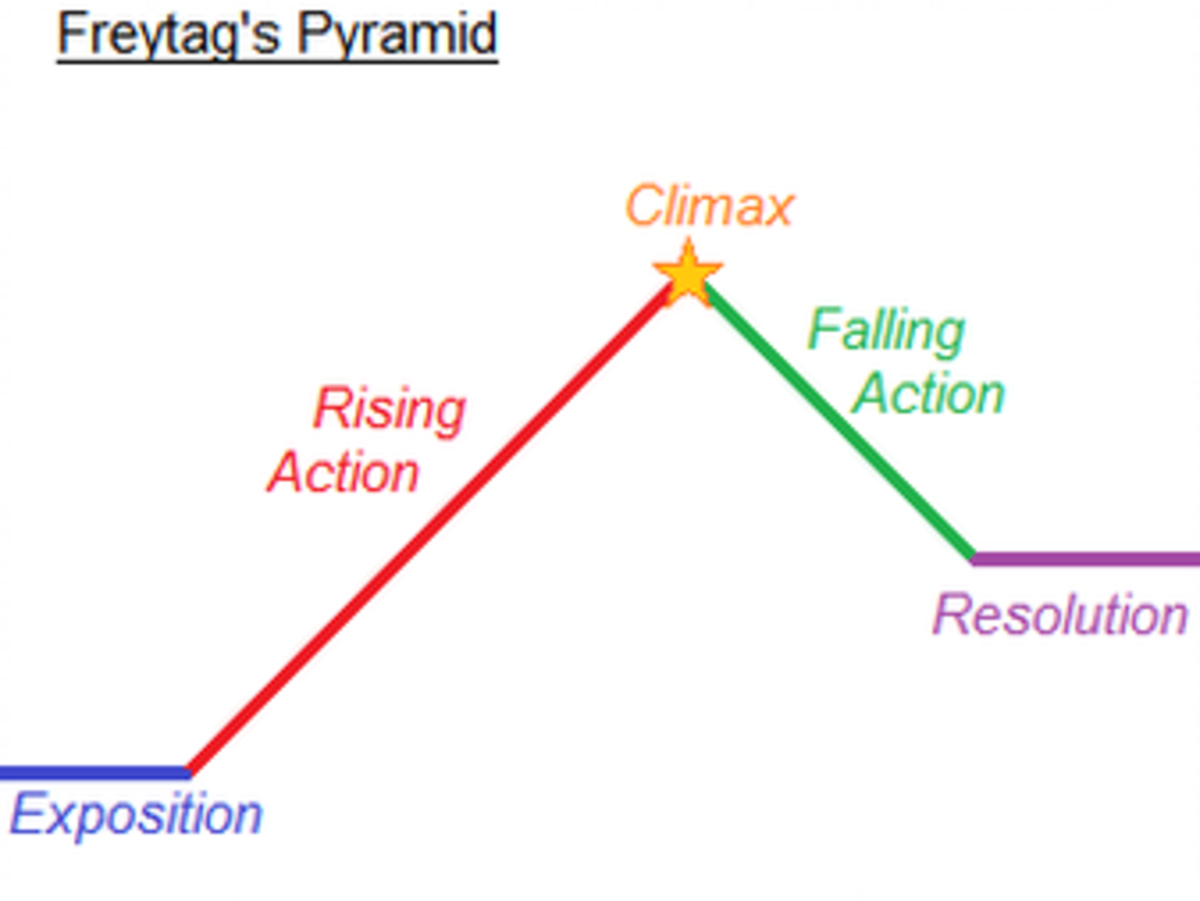Even More Character Themes and Hype Effects: Action Video Games
More Music
In the article Character Themes: Hype Effects I talked about how different characters in fighting games possessed themes that made the player want to play as a certain character, made a buyer want to buy the game that featured that character, or let the player know that there was going to be an epic fight soon. Other genres in video games also possess songs that the player could get excited about hearing. Mostly by the end of the game as a way to congratulate the player in coming to this point in the game. In the 2008 Japanese role-playing game Shin Megami Tensei: Persona 4 the theme that played during regular battles was so good that when Persona 4 Arena was made, that song was used as the theme of the main character. In 2006 the action-adventure game Ōkami was developed by Clover Studio and published by Capcom; and it too had awesome character themes, which made sense since Capcom was famed for creating excellent character themes in all of its games. Even the end of a game can have a theme that reflected the growth a character went through to get to that point. In Journey, a game developed in 2012 by Thatgamecompany, was a game that constantly had an awesome theme play for the character as the player progressed through the game, with a climactic theme that played in the penultimate stage of the game. In adventure games themes helped the player feel like they were accomplishing something within the game, and in most cases, they were.

Shin Megami Tensei: Persona 4
when Atlus made Shin Megami Tensei: Persona 4 the main theme of this game was searching for the truth to life's questions and learning to accept the truth even when the truth turned out to be something horrible. With its somewhat optimistic message, Shin Megami Tensei: Persona 4 aimed to be a more somewhat happier entry in the Persona franchise. The game aimed to be such a happier game that even the song the plays during regular battles sounded vibrantly happy. Titled Reach Out To The Truth, it was a song about the singer trying to find the truth to the lies of the world so that the singer could escape the metaphorical prison that came from living in a world of lies and half-truths. Reach Out To The Truth was such an awesome song that when Atlus first made a fighting game, which would later be referred to as Persona 4 Arena, the song Reach Out To The Truth was remade for this game. So now Yu Narukami, the main protagonist of Persona 4, got a theme that was a far more active version of the regular battle theme. And aesthetically, that made sense. Since this was a fighting game, every interaction between the characters would essentially result in a regular battle, but since this was a fight against two unique characters, the battle theme could change into something that was not a regular battle.

Ōkami
In the game Ōkami the played took the role of Amaterasu, the Japanese sun god, in the form of a wolf. Using magical brush powers, the player killed enemies, purified corrupted lands, performed divine interventions to help random people, and find new areas to explore in ancient Japan. The interesting thing about Ōkami was that Amaterasu gained her power from the praise of the people who worship her and believe in her. One of the sub-plots of Ōkami was that certain people were beginning to lose their faith in Amaterasu as a God. To integrate story elements into the game, one of the main methods to make Amaterasu stronger was the ability to gather praise from the people Amaterasu helped to help make her stronger. To increase the amount of praise Amaterasu possessed, the player had to talk to different people and complete different side-quests, play and win various mini-games, gradually restore nature and purify the land of ancient Japan, feed animals, and make various clovers bloom. One of the more intense moments where the power of praise was used to empower Amaterasu occurred during the final boss. Referred to as Yami, Emperor of Everlasting Darkness, he was the main source of the corruption that Amaterasu and the player had to eradicate throughout Ōkami. The first part of the boss fight went well for Amaterasu, but then Yami easily defeated immediately afterwards. Fortunately, thanks to the people offering praise to Amaterasu, she suddenly became a wolf with even more divine power than what she had at the beginning of Ōkami. To increase the hype that the player most likely had for this moment, the song The Sun Rises plays during the entirety of this boss fight. Here, both the greatest sources of good and evil in this game's world were engaged in an epic fight, with Amaterasu completely surpassing Yami in power. Here the player had the sense that everything would be alright in this game. That the player would ultimately beat the forces of evil. And that peace could be restored.
Journey
Journey was a game that was unique in that there was no epic story that explained why the events of the game took place. While the player did have to avoid giant monsters at a later point, there was no ultimate evil that had to be slayed. The player just had to go through a massive landscape as a robed being, occasionally encountering other players in the process, to reach the top of a mountain. The beginning parts were visually interesting and the player could just stop at some points and just view the work that Thatgamecompany put in to make this game. During one segment of the game near the end of the game however, the player was introduced to giant dragons that were continuously hunting you. Once the player got to the base of the mountain, the tone of the game became a lot more gloomier. Instead of a beautiful desert, the mountain was a depressing ruin filled with snow, the giant dragons also made more further appearances, and the clothes on the character the player was playing as looked like it was suddenly getting frozen. Unfortunately, despite the effort that the player put in to get to the top of the mountain, the robed being eventually fell unconscious. Fortunately, the song Apotheosis started playing and the most dazzling scene of getting a second wind occurred. Suddenly acquiring new clothes that allowed the robed being to fly for longer distances, the player got to see the mechanical dragons that were a serious problem roar in frustration that their prey was able to evade them, and the scenery even changed back into the bright, familiar aesthetics that were in the beginning of the game. Apotheosis was able to hype the player about their accomplishments about completing Journey by making the player see and hear the empowerment that the robed being went through. The song felt like a great victory was achieved, the instrumental chimes sounded powerful, and the song made the player know that everything was going to be alright.

Feeling Good
In most video games a good song or theme signified that the character was going to do something awesome or when something exciting was happening. Persona 4 made a theme that reflected the hopeful feelings that this game wanted to give its characters. Ōkami made its theme emphasize that the game would end on a happy note. Journey made its theme let the player know that the player was completely invulnerable once the theme started playing. All in all, these were awesome games with awesome music.








